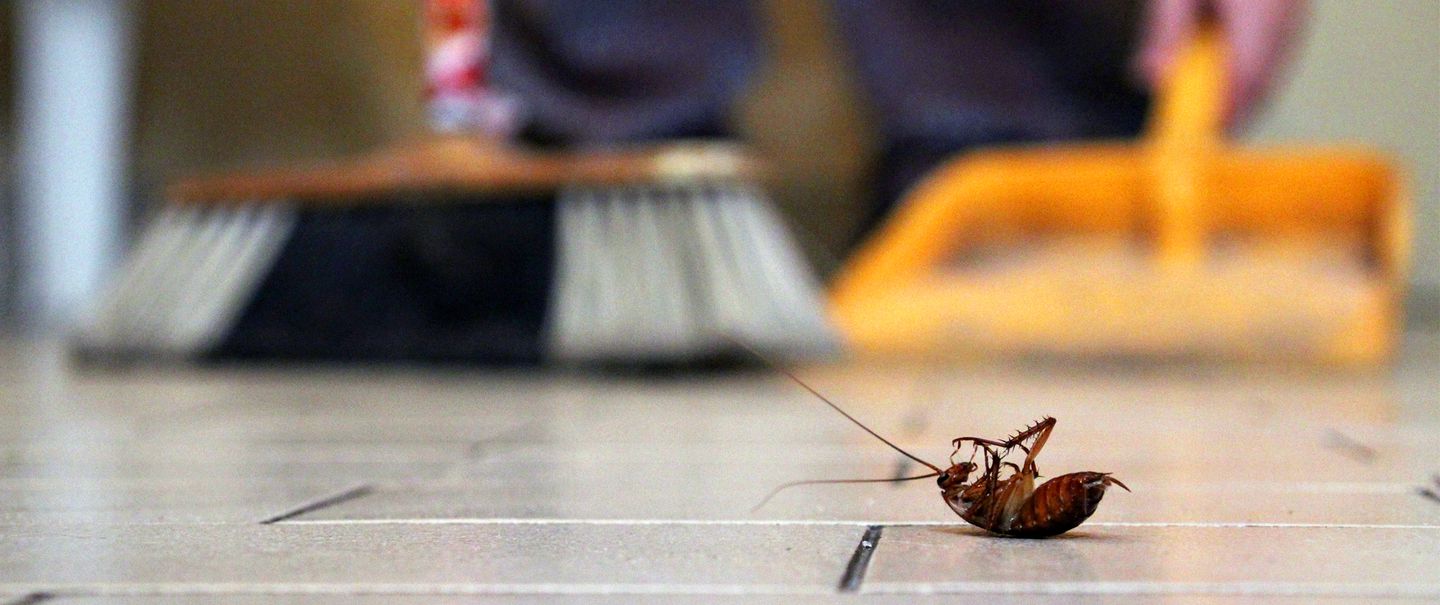Keep Pests at Bay
Fleas, spiders, termites, flies, centipedes, ants, bedbugs, cockroaches ... these tenacious intruders won't give up, so we humans have to fight for our living spaces. In the quest to keep their homes clean and bug-free, many people don't want to expose their households to toxins or shell out lots of cash to debug. Fortunately, most homes don't require a professional exterminator to keep pests at bay. There are plenty of cheap, natural ways to control these invaders.































